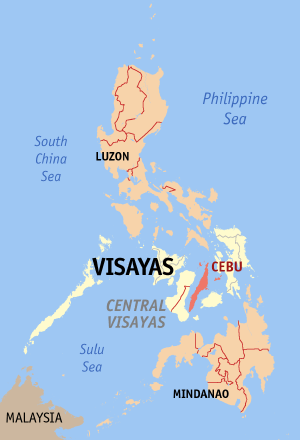MANILA, Philippines — A total of 1,525 persons deprived of liberty (PDLs) who were earlier freed but later on surrendered following the controversy surrounding the implementation of the Good Conduct Time Allowance (GCTA) law have yet to regain liberty.
Department of Justice Assistant Secretary Neal Vincent Bainto said that of the 2,352 who surrendered, only 827 have so far been released.
Bainto said they are still in the process of checking if those who surrendered were not qualified to be released under the GCTA law.
“But we think that probably a good number of the remaining surrenderers will be reincarcirated,” the justice official said.
It has been nearly four months since President Rodrigo Duterte gave heinous crime convicts freed under the GCTA law 15 days to surrender to the nearest police station or military camp.
However, the number of those who surrendered exceeded the number of freed heinous crime convicts based on the records of the Bureau of Corrections (BuCor), meaning some of those who surrendered may have not been convicted of heinous crimes like rape, murder, parricide, kidnapping for ransom, and arson.
Bainto said that the 827 surrenderers who have already been released were released in batches.
There are also instances of bulk releases like in Davao Penal Colony where 300 were simultaneously freed.
Have yet to surrender
DOJ Spokesman and Undersecretary Markk Perete, meanwhile, said that “there might be calls for the return” of more freed prisoners once the review process is completed.
“But we do hope that [once] this review process is concluded there would be less who will be required to return to BuCor because of the fact that many of them are to be included in the benefits of the GCTA law in the first place,” Perete said.
Asked why the government did not instead wait to finalize the list before having them surrender in the first place, Perete said: “An investigation was conducted by the Senate and the Senate committee required the BuCor to come up with a list, so that list was prepared and as submitted by then BuCor head, contained a number of errors.”
“It became incumbent upon the DOJ to review precisely the correctness of the list. So as to the question of the time element, we did not have the luxury of time at that point,” he added.


